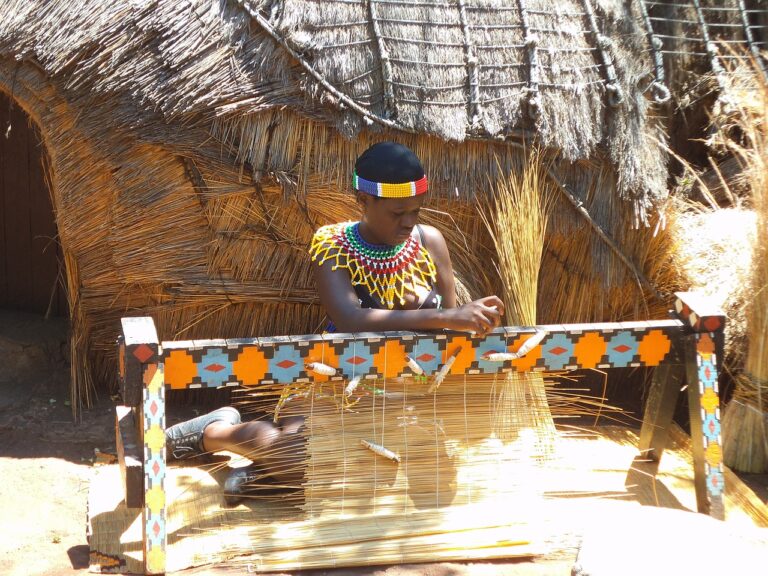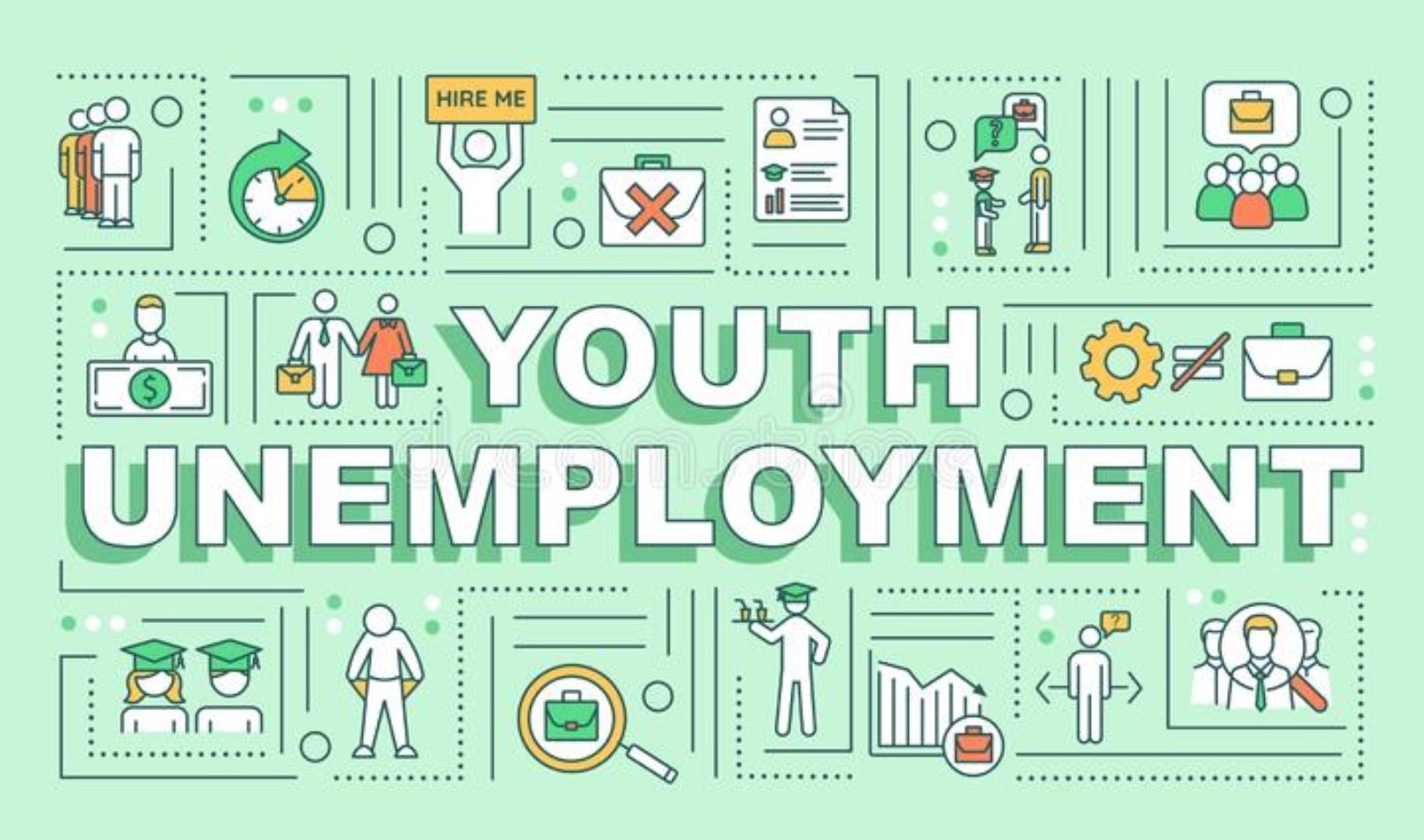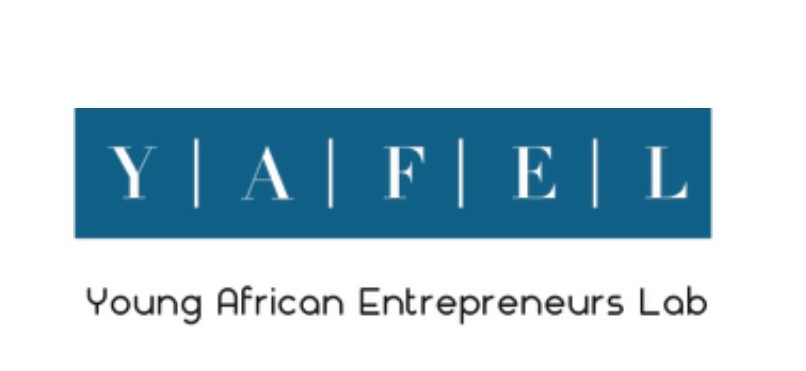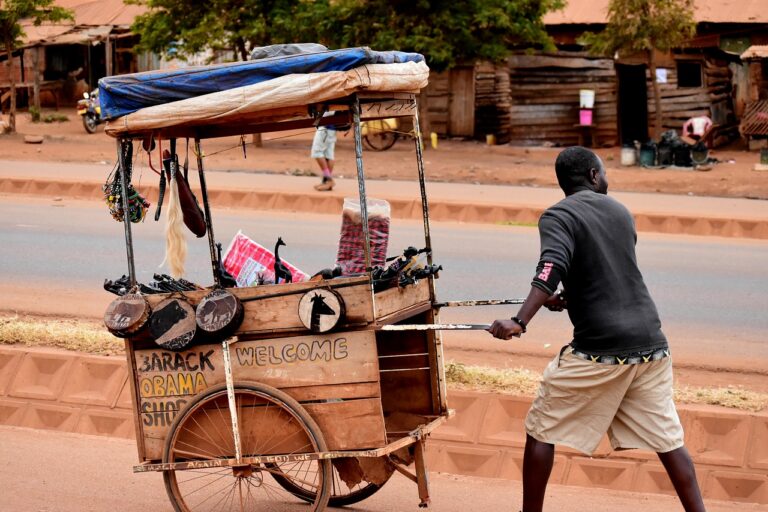Ongoing Projects
Gender Equality

Why Gender Equality Important?
The sex-specific demographic projections for 2021 show a male-to-female ratio almost equal to 1, with 50.4% of men compared to 49.6% of women, and this ratio is projected to be constant until 2050. [1] This almost equitable proportionality in the human resource available for development requires that strategic planning and public policy formulation consider gender-specific data and gender-disaggregated indicators, with a view to supporting participatory and, therefore, sustainable development. However, the barriers are enormous and one of the main ones to effective integration of gender indicators into international public policies is the lack of evidence and gender-specific indicators relating to different development sectors.
International policy-making mechanisms are based first and fore on the evidence to develop them. Thus, without gender-specific data, it is difficult to fully measure the progress made in achieving the Sustainable Development Goals (SDGs). Without data, it is difficult to make effective analytical assessments of the comparative situation of women and men in the world. In the absence of data on the different areas of development, including health, education, cultural inclusion and language promotion or agriculture, no informed policy can be effectively developed. In the absence of a clear identification of the needs of populations in a standardized database, and following a pygmalion effect, these needs will not be taken into account and planning decisions will be biased, hindering, the achievement of the SDGs. Ensuring that gender equality counts, through the collection, analysis and dissemination of sex-specific data is one of the major development challenges and AID wishes to contribute to this.

AID is collecting statistical data and evidence on gender equality in the Francophone region, with the support of the International Organization of the Francophonie (IOF). The end product of this work will be published and used to inform IOF’s strategic planning, as well as policy makers in taking into account gender indicators.

Gender Equality Resources
Harnessing the power of data for gender equality
Open-Government-and-Gender-Equality-Report-2020
- SDG Gender Index, Country Scores, Map, Figure 2
- SDG Gender Index, Countries by Index Score Grouping, Figure 4
- SDG Gender Index, Index Scores and National Per Capita Income, Figure 5
- SDG Gender Index, Global Scores by Goals, Figure 6
- Proportion of Ministerial/Senior Government Positions Held by Women, Figure 8
- SDG Gender Index, Index Scores Latin America and the Caribbean, Figure 13
- SDG Gender Index, Index Scores Middle East and North Africa, Figure 16
- Proportion of Women Who Have Made or Received Digital Payments in the Past Year, Figure 17
- Extent of Legal Barriers That Women Face in Work and Land Ownership, Figure 18
- SDG Gender Index, Index Scores Sub-Saharan Africa, Figure 19
- Proportion of Ministerial or Senior Government Roles Held by Women, Figure 21
- Global Estimates of New HIV Infections Among 15-24 Year Olds by Sex, Figure 24
Youth economic empowerment

Why Gender Equality Important?
The problem of unemployment among most youths has been and remained a thorn in the flesh for Africa. Despite this problem, universities and tertiary institutions continue churning out graduates as the job market continues shrinking immensely. Furthermore, the graduates being produced are not sharpened to meet the job market requirements: They are either being given obsolete knowledge and/or what they are being trained in does not meet the job market demands.
According to the World Bank, youth unemployment rates in
2019 in the four-country countries we choose are 8.8% Serra Leonne, 8.7% Ghana, 7.1%, Kenya, and 5.8%, Cameroon. The COVID-19 pandemic has complicated this scenario, showing that African countries share similar problems requiring
similar value-based innovative and sustainable solutions. Almost
60% of Africa’s population in 2019 was under 25, making Africa the world’s youngest continent. According to the U.N.’s demographic projections, the median age in Africa will be 19.8 in 2020. To anticipate and mitigate youth unemployment, Africa needs to create 20 million jobs annually to absorb the number of millions of youths who are being churned out in the job market.
The estimated annual growth of the labor force is between 5-7%, while the employment rate is less than 2% across Africa. Just over one in five youth were Not in Employment, Education, or Training (NEET) in 2019; this state of joblessness has been steadily growing since 2012, mirroring the trends in the global rate. The NEET rate is projected to increase slightly by 0.3 percentage points to 20.8 in 2021. Young women are particularly affected by the NEET status, with a gender gap of around ten percentage points since 2018.

Young African Entrepreneurs’ Lab (YAFEL) is an entrepreneur incubator that aims to promote shared economic prosperity and reinforce shared values of entrepreneurship and innovation between Africa and the rest of the world. Young entrepreneurs are from four countries, including Kenya, Ghana, Serra Leone, and Cameroon.
The goal is to create a shared environment between young African Entrepreneurs and world experts, resource persons, mentors, venture capitalists, angel investors, and donors to foster connections and create ties.

YAFEL aims at enhancing the capacity of the Africa youth through entrepreneurship, innovation, and networking for opportunities. Its goals include fostering Nord-South connections and South-South ones by sharing information, expertise, and opportunities.
The young entrepreneurs from Africa will share the same platform and have a symbiotic relationship with the U.S. resource persons, experts, investors, and donors who desire to explore Africa’s opportunities through these young entrepreneurs. Business is about relationships and sharing. This will be a noble opportunity for the global citizens to nurture close ties, exchange their greater cultures, besides empowering one another through a robust entrepreneurship ecosystem.
